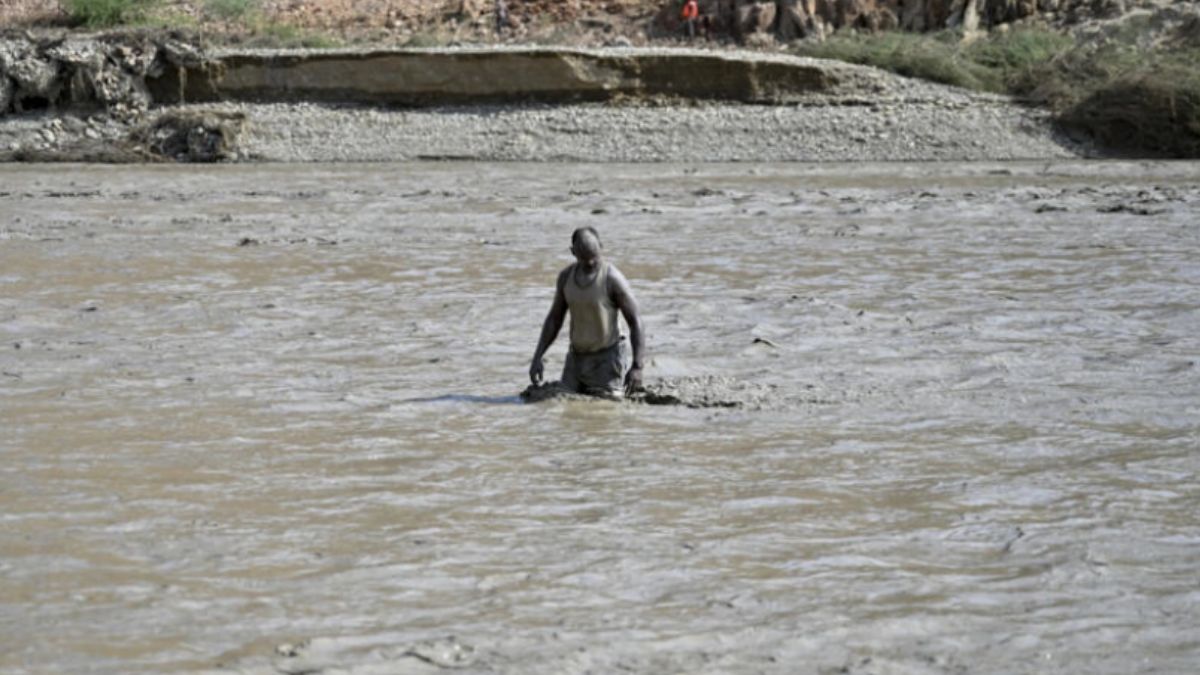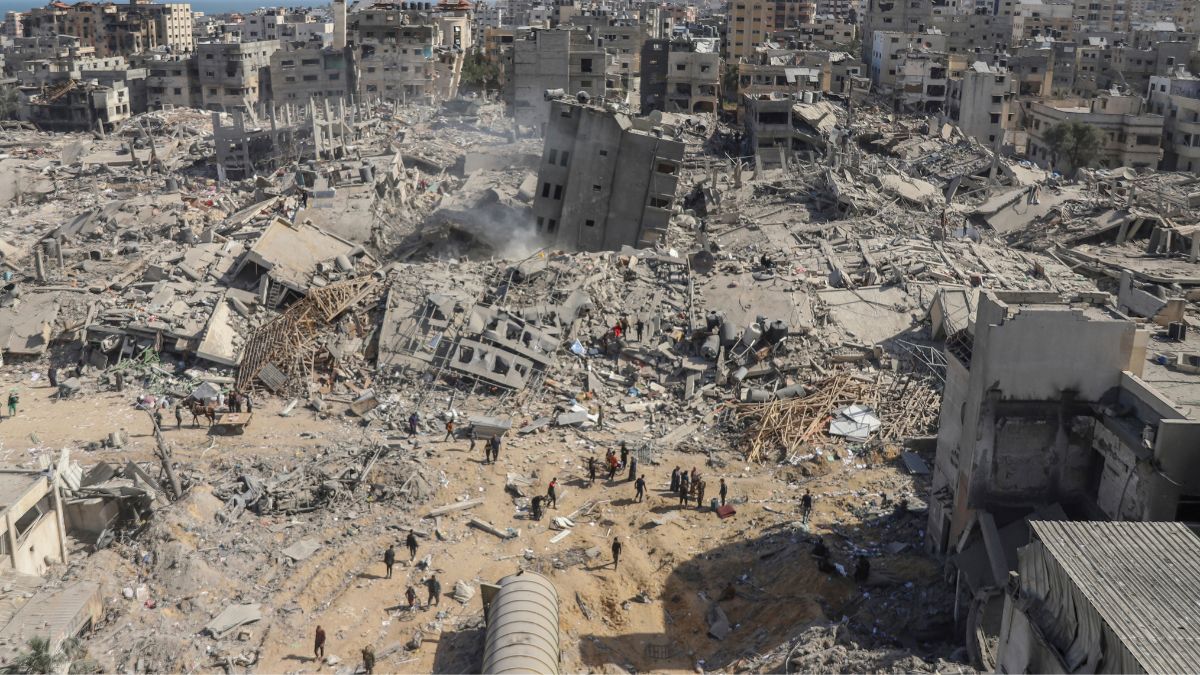The war in Sudan and restrictions on aid deliveries have caused famine in at least one site in North Darfur, and have likely led to famine conditions in other parts of the conflict region. read more
)
Sudan is experiencing unprecedented levels of hunger and violence, with the nation’s conflict on the verge of becoming the world’s largest hunger crisis due to prolong civil war. File Photo-AFP
A global authority on food security warned on Thursday that Sudan’s North Darfur region is experiencing widespread famine, which is expected to persist until October due to the country’s ongoing conflict that has ravaged the nation for over 15 months.
The finding, linked to an internationally recognised standard known as the Integrated Food Security Phase Classification (IPC), is just the third time a famine determination has been made since the system was set up 20 years ago.
The situation in Sudan is dire, with the 15-month war between the military and the Rapid Support Forces (RSF) resulting in the world’s largest internal displacement crisis, leaving 25 million people - half of the population - in desperate need of humanitarian assistance, and causing devastating consequences from starvation and disease.
Sudan’s war erupted in mid-April last year from a power struggle between Sudan’s army and the RSF ahead of an internationally backed political transition towards civilian rule.
The conflict has pushed people into starvation and created the world’s largest displacement crisis with more than 10 million people forced to flee their homes since April 2023, according to the U.N. migration agency. Over two million of whom fled to neighboring countries.
The factions had shared power uneasily after staging a coup in 2021 that derailed a previous transition following the overthrow of autocrat Omar al-Bashir two years earlier.
Since the war began, aid workers say international relief has been blocked by the army and looted by the RSF. Both sides deny impeding aid.
Even where markets have supplies, many Sudanese cannot buy food because of soaring prices and a lack of cash.
In February, the military-backed government prohibited aid deliveries from Chad to Darfur through the Adre border crossing, one of the shortest routes to the hunger-stricken region. Government officials have claimed that the crossing is used by the RSF to move weapons.
With inputs from agencies.

 3 months ago
40
3 months ago
40
)
)
)
)
)
)
)
)
)
)
)
)
)
)
)
)
)
)
)
)
)
)
)
)
)
 English (US) ·
English (US) ·